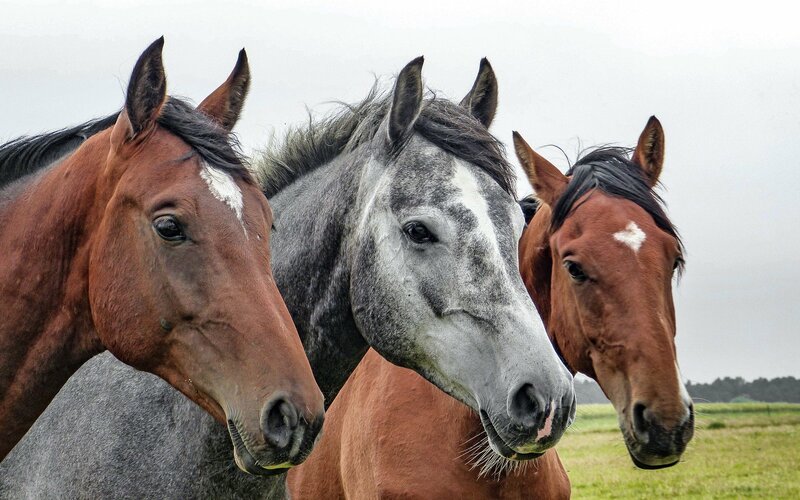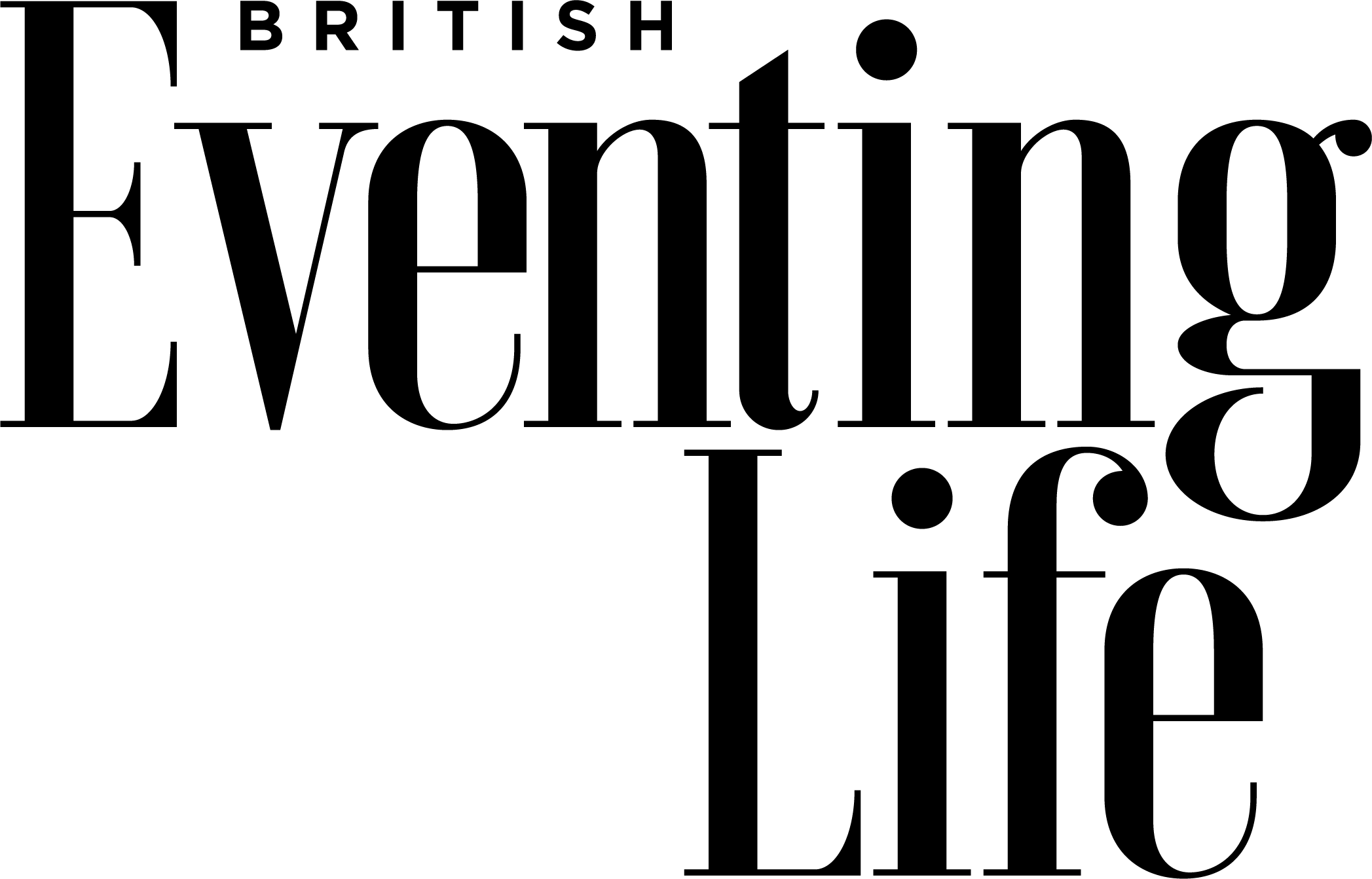
How to buy a horse
BE Life columnist Jonathan Chapman offers his advice on buying your next horse.
Buy your man then buy your horse
Like and trust the person you are buying from, and if you doubt them walk away. In 25 years’ experience with horses I could count on two hands how many people I’ve bought horses from. I have tended to buy from the same two or three dealers. They know what I like and what I don’t. The horses have already been vetted and X-rayed in the previous 12 months, so they are probably going to be okay at the final vetting.
Trust your ‘sit on’ feel
The first feel the horse gives you is nearly always the right one. If you have to convince yourself that you like a horse because it fits the criteria, it’s not the one for you. You have to like the horse as a ‘person’, like the feel that it gives you (forward, confident, balanced, rhythmic, etc.) and it has to be appropriate to your ambitions and your skill set. When buying privately you, the buyer, are solely responsible for checking the quality and suitability of goods before a purchase is made. One disadvantage of buying privately is that you sit on one horse at each place and have nothing to compare it with. At a good dealer’s you can normally sit on two or three and make a comparison.
Mare or gelding?
Unless you are running a stud or riding for one, stallions should be avoided. They can be very good horses but require a different level of management. I used to avoid mares because I considered them to be harder to train. However, I have learnt to appreciate the qualities that mares have, like toughness and intelligence. Now the gender of a horse would not influence my decision either way.
Breeding and bloodlines
I could quote you stallions off the top 20 leading event sires list, but most of them are there because one or two of their progeny have been placed with top riders who have amassed a lot of points on them. I am not saying they weren’t good horses, but the jockeys certainly enhanced their stature. On the other hand, you only have to look at the rise of the KWPN (Dutch) sport horse in eventing to realise that orchestrated breeding does yield results in the long term. So breeding is worth consideration, but is not everything.
Vetting horses
Vetting horses can cost £750 to £1,000, so much better to take your coach with you and avoid vetting an unsuitable horse. Agree what you are looking for, search, then take your coach to view the short list. They know your strengths and weaknesses. In that second trial you should definitely go cross country on the horse in an open field. Review the horse’s competition record together. No horse’s record is perfect, but it does give you an indication of its ability and soundness. Vetting is the last phase. Use your vet if possible and, if not, one they can recommend. It must be a specialist horse vet, preferably with competition horse experience.
Sentiment should hold no sway
Just because it is the ‘right’ colour or you feel sorry for it, don’t let that get in the way of logical thought. The one thing that would always put me off is bad feet. The old adage ‘no foot, no horse’ is true. The most important qualities a horse has are its heart and its head. These are sometimes the hardest qualities to evaluate, so take your time and take your experts with you!
To find your next horse, visit www.britisheventing.com/classified
